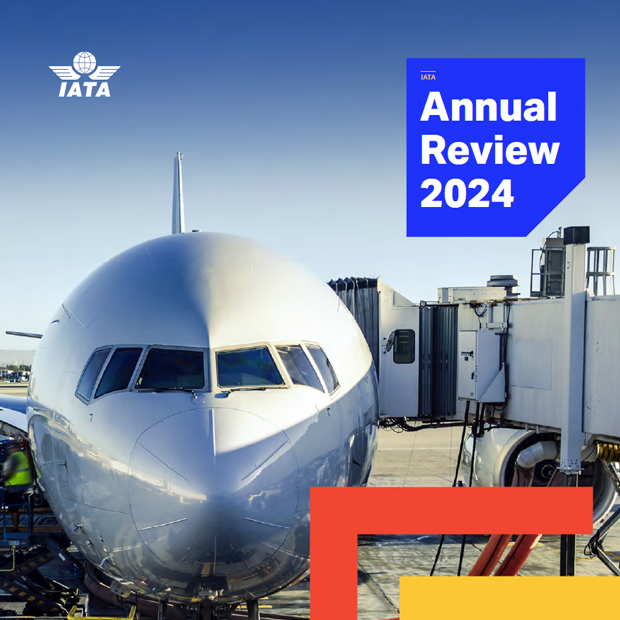
Welcome. And thanks for joining us for the weekly briefing.
Brian has updated you on the situation for cargo. It is the bright spot for the industry because it is the only part that is operating and earning revenue at any scale. But there are challenges.
First, as Brian mentioned, capacity has fallen by nearly a quarter, while demand has fallen by 15%. So, in the short term, we don’t have sufficient capacity. Airlines are doing whatever it takes to gain the physical capacity by taking freighters out of storage and using them more intensely. They are also adapting passenger planes to all-cargo operations.
That, however, is only half the solution. We are still facing delays and difficulties because governments have not fully sorted out three fundamental issues:
- It takes too long to get the approvals for special or charter operations.
- Some governments are still treating operating crew as if they were arriving passengers, even though they don’t interact with the local population. They need to be exempted from special quarantine measures.
- And we are still finding it difficult to secure proper facilities to process cargo or to rest the crew.
These problems are not new and we are making some progress in addressing them. But it’s taking far too long. Aviation is trying to do our part in carrying vital pharmaceuticals to fight the pandemic. The last thing we need is a delay in getting the permission to operate, or crew being subjected to quarantine.
The second challenge is the looming recession. Economies around the world are in a nosedive. The good news is that our heads of cargo are somewhat optimistic. There will be a dramatic slowdown, but they don’t expect the downturn to be as bad as it was in the Global Financial Crisis. Let’s hope that they are right!
That optimism, however, even if borne out, won’t keep airlines from going bust. So we continue our pleas to governments for financial relief of any kind.
There are three other points that I want to raise with you.
The first concerns Argentina. The government is effectively grounding commercial aviation until 1 September. That is well beyond the current period of lockdown in the country and will risk additional thousands of jobs connected to the travel and tourism sector. We don’t dispute the government’s decision to lock down. But why set an arbitrary date for aviation that is not based on science or aligned with what is being planned for the rest of the economy?
The Argentina situation highlights the importance of the work that we are doing now on the restart plan. We are taking in the feedback from our regional summits last week. There was overwhelming understanding and support for working together so that we have harmonized and mutually recognized measures. That will feed into a proposal for safely restarting aviation which we are working on with the International Civil Aviation Organization (ICAO), the World Health Organization (WHO) and Airports Council International (ACI). Once agreed, we will propose it to states.
The second point that I want to raise is the importance of ICAO. It is the global standard setter for aviation. The industry is in its biggest crisis ever—suffering even more than most other economic sectors. We were shut down by unilateral actions of governments. But the restart will require governments to work together. We need a strong ICAO now more than ever.
In recent weeks we have heard that some states are finding it difficult to meet their funding commitments to ICAO. We understand that the demand on state resources is great. But I encourage them to prioritize keeping ICAO strong. At least 25 million jobs that depend on aviation—directly or indirectly—are at risk in this crisis. An orderly restart for aviation needs coordination that only ICAO can provide. This will be critical for the economic recovery from the COVID-19 crisis.
And the third point is to announce that we have picked new dates for the 76th IATA Annual General Meeting. We will do it in Amsterdam from 22 to 24 November this year. KLM Royal Dutch Airlines will still be the host. Media are invited, so please mark your calendars. Of course, we will take whatever precautions are needed to do it safely. We considered all the options, including virtual formats. But in the end, we thought it important to demonstrate the resilience of aviation and the importance of meeting in person. For sure, there will be much to discuss.
With that, I am happy to take your questions.
Media Briefing Recording: Listen to the teleconference (mp3)

